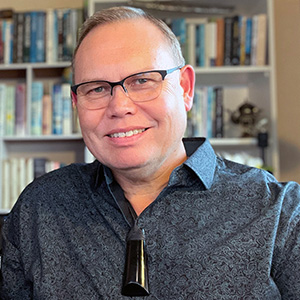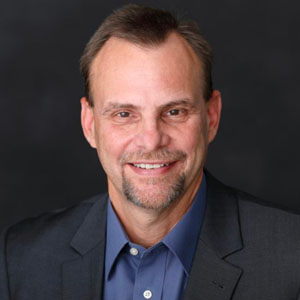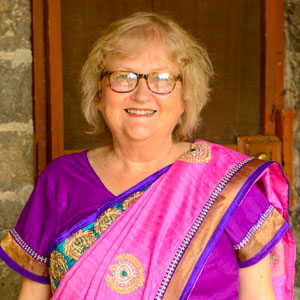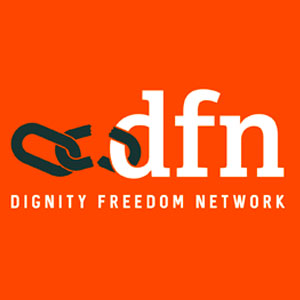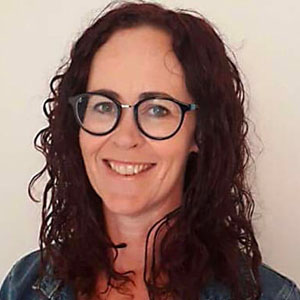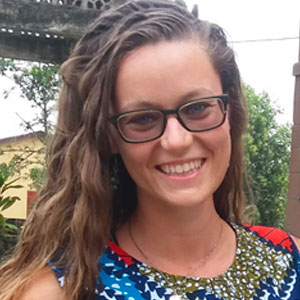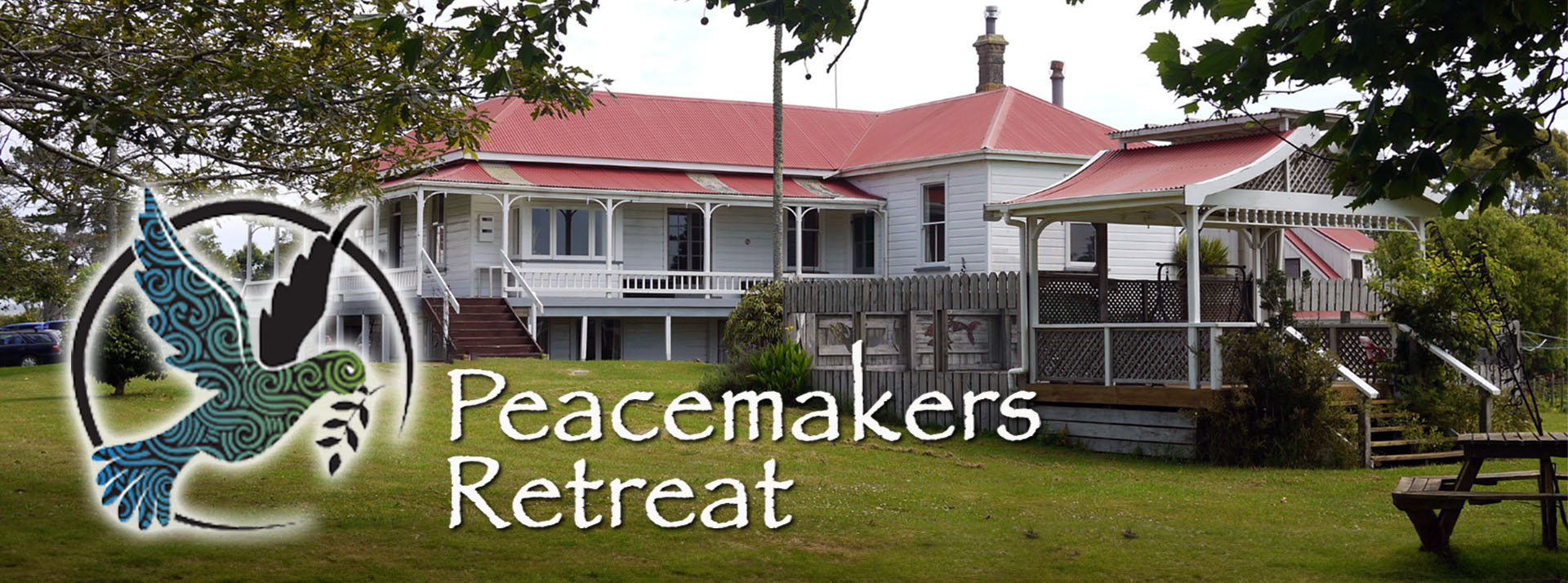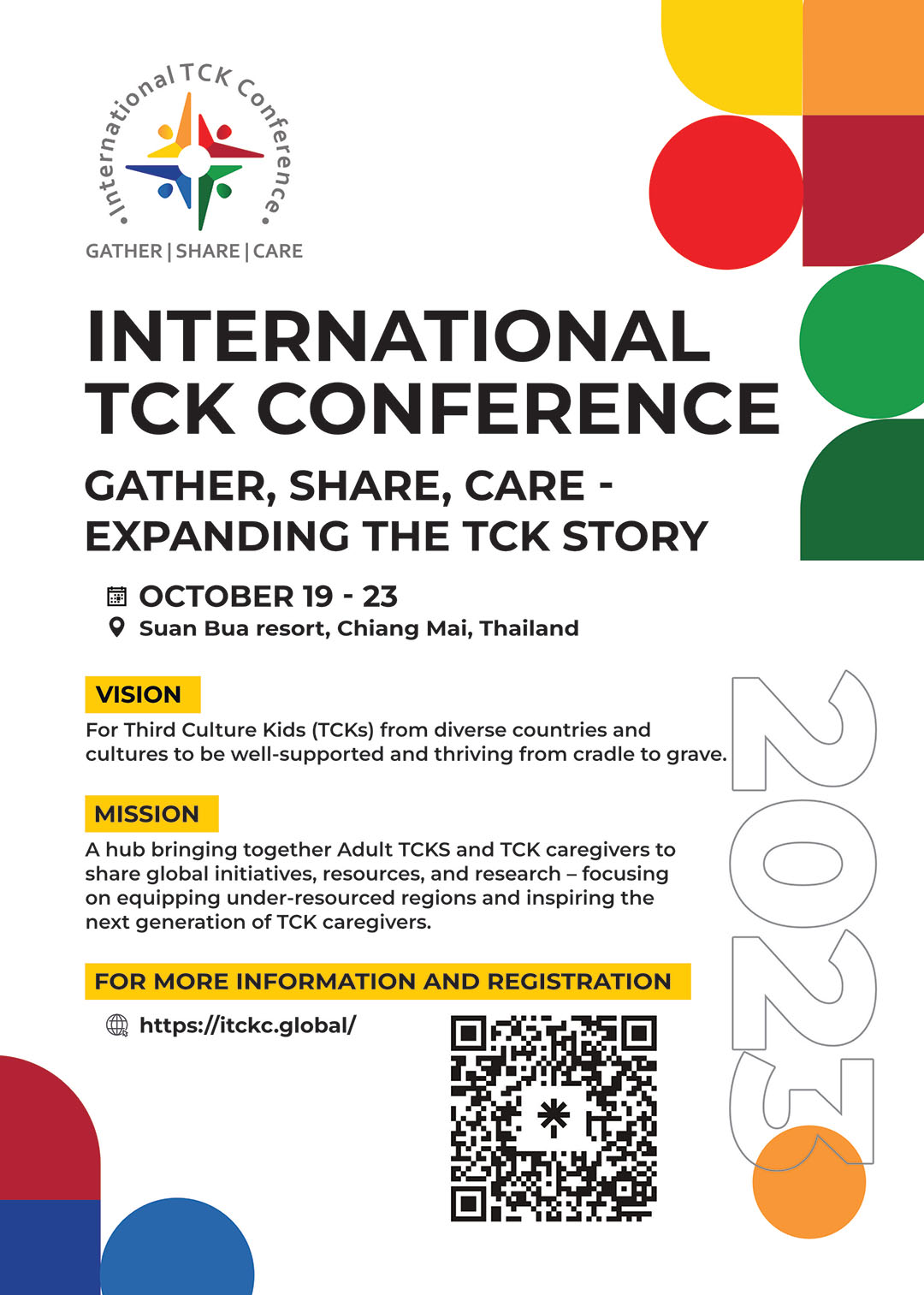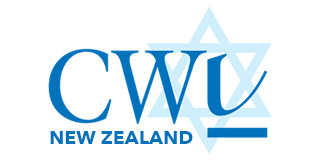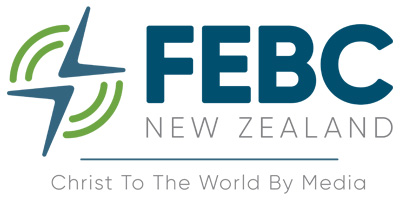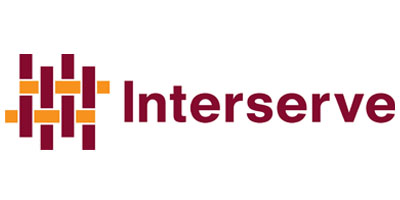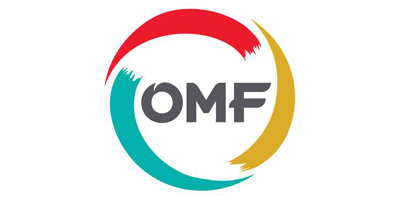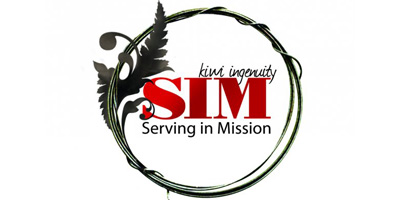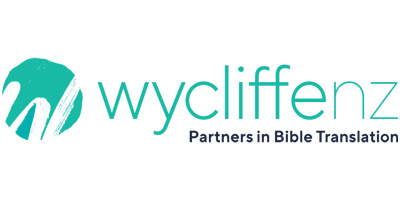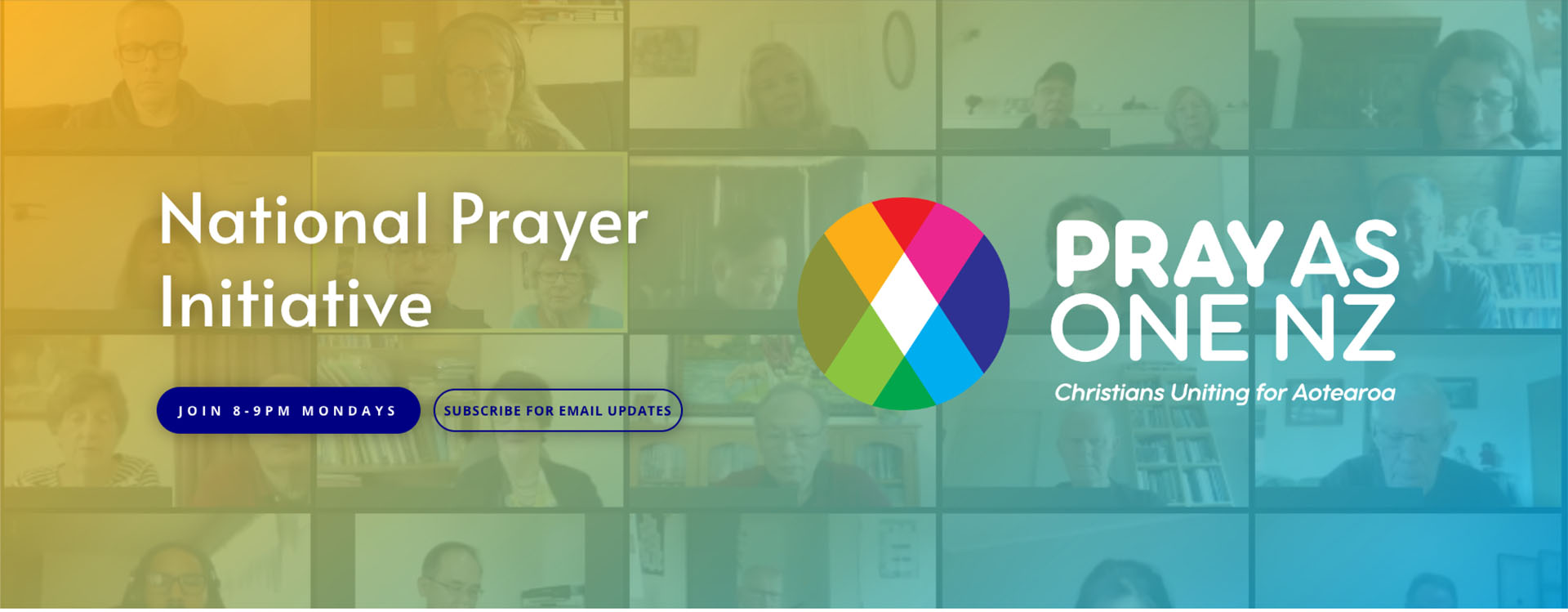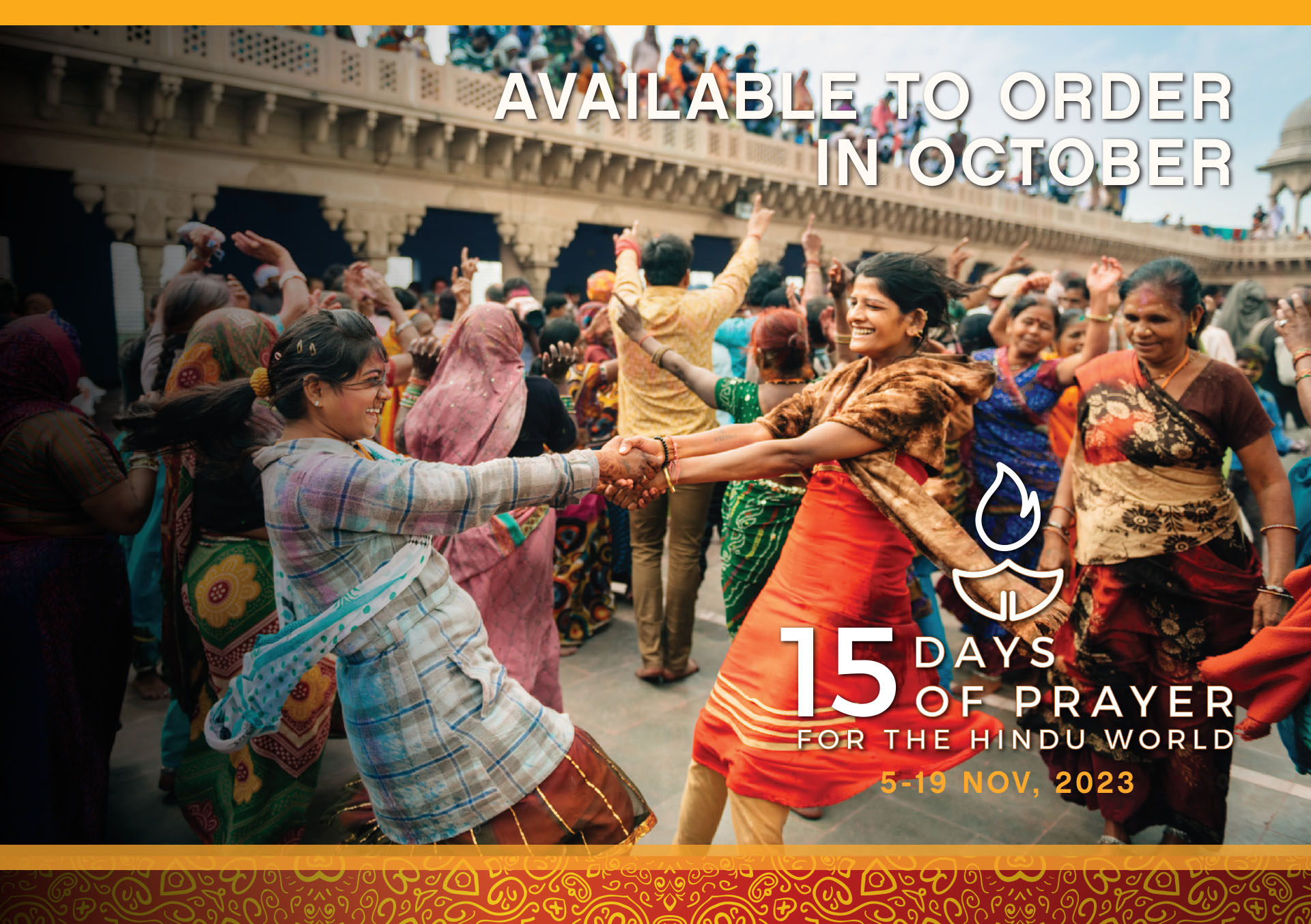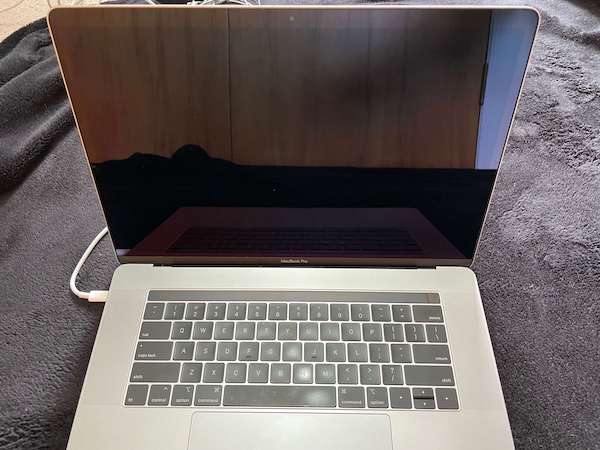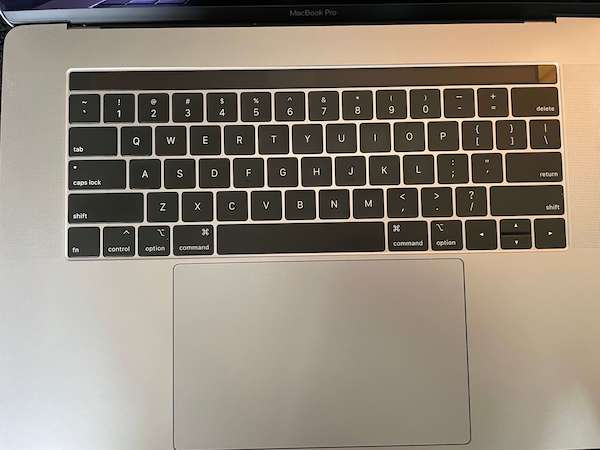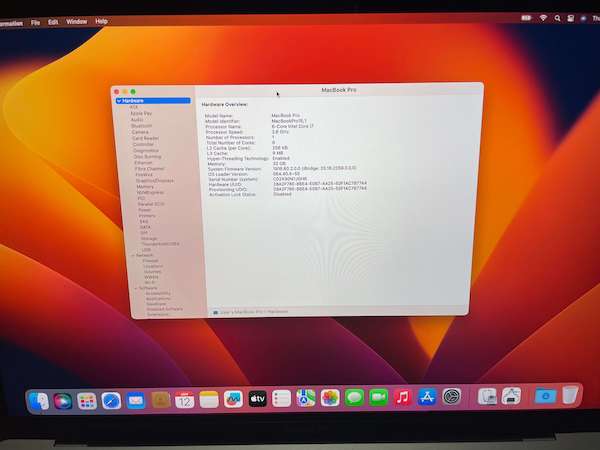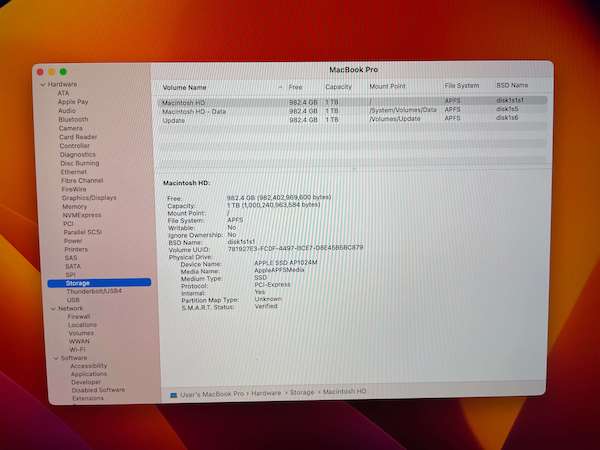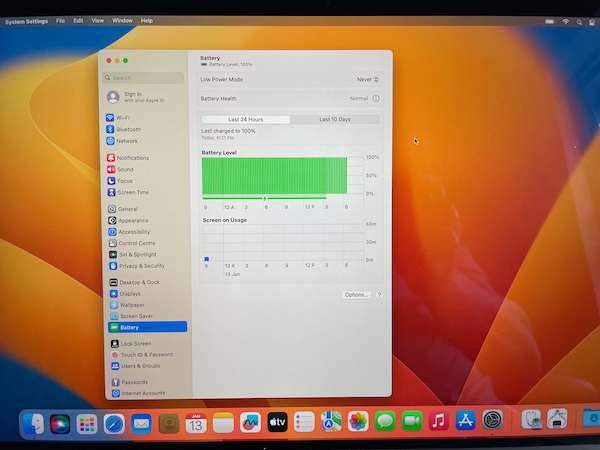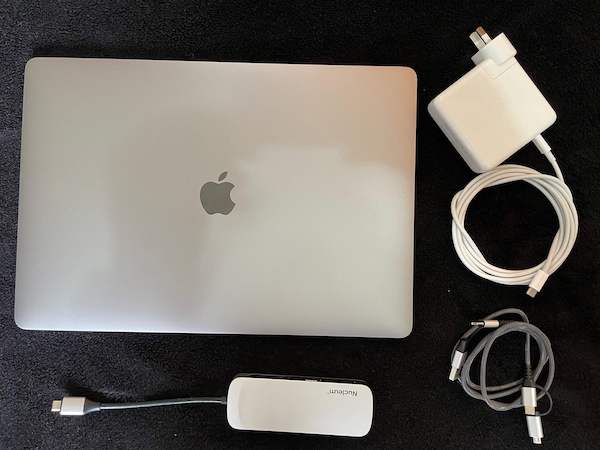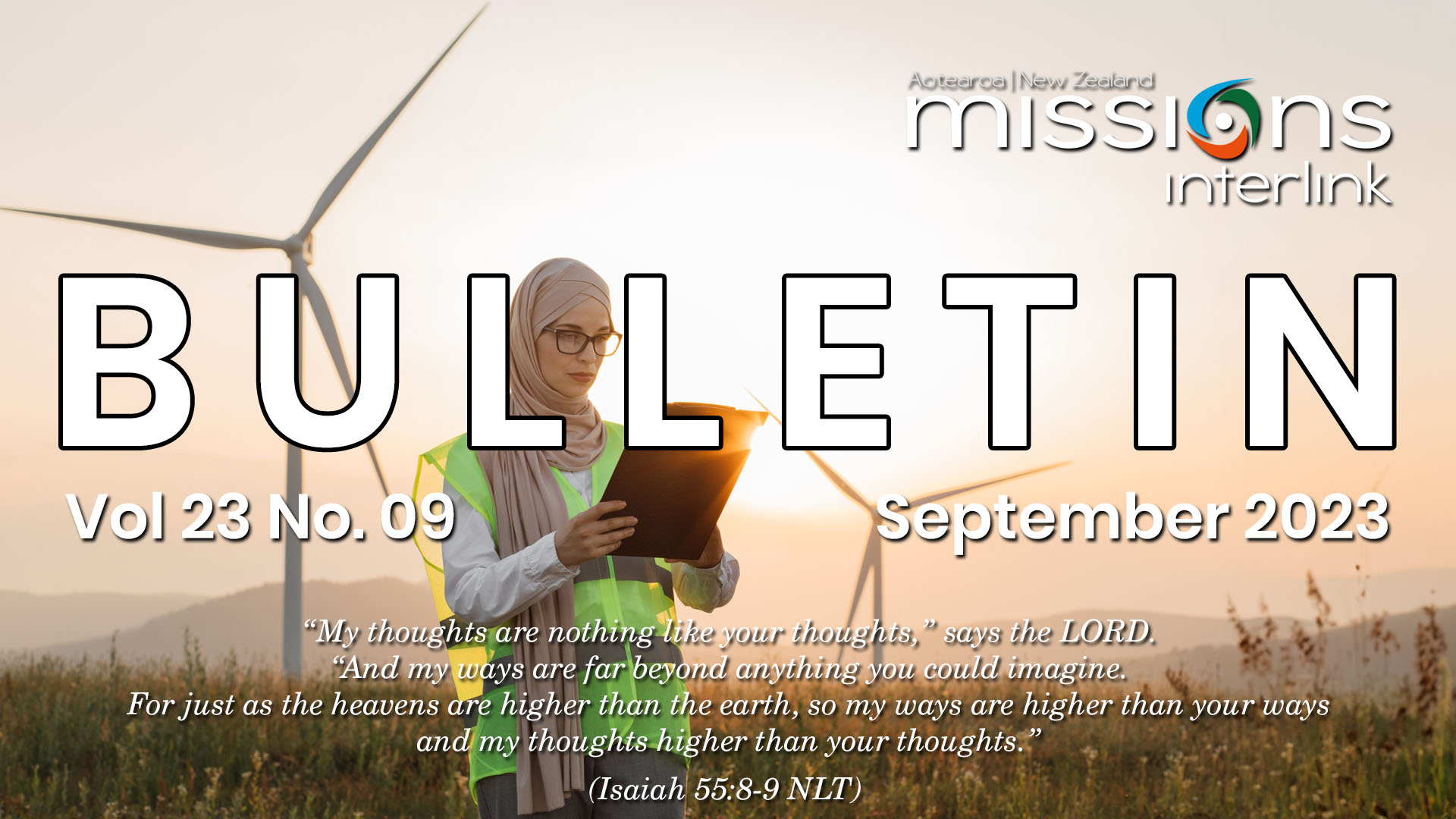
QUICK MENU
EDITORIAL
- Generating New Energy
EQUIP
- Organisational Inertia
- Trusting Local Agency
- Counterintuitive Change
GO
- Playground of Dreams
- Rescue & Rehab
- Tuning The Sound of Freedom
- Māori Audio Bible
CARE
- The Untold Story of Returning Missionaries
PRAY
- CWI, FEBC, INTERSERVE, MINZ, OMF, SERVANTS, SIM, WEC, Wycliffe.
SPOTS
- Latest News. Events & Opportunities

EDITORIAL
GENERATING NEW ENERGY
By Dr Jay Matenga
Jay is the Executive Officer of Missions Interlink, Director of Global Witness for the World Evangelical Alliance, and Executive Director of WEA’s Mission Commission. Jay writes and speaks on missions related subjects globally. His blogs, articles, and other public contributions are made available for free on jaymatenga.com
This month’s whakataukī (proverb) is, “Mauri mahi, mauri ora.” [working with life force brings life or wellbeing]. This is part of a longer whakataukī that I referenced in an editorial back in June 2019 in an attempt to uncouple the unhelpful (colonial and essentially misinformed) concept of animism from our missions vocabulary. I will not cover that ground again here, but you can assume that I embrace and can biblically defend the reality of life force (flowing from God) as central to the created order, which Paul accredits to Jesus (cf. Colossians 1:15-20). In his writings, some of which are collected by his nephew Te Ahukaramū Charles Royal in The Woven Universe (2003), the Rev. Māori Marsden notes that Māori view the universe as essentially generative—life affirming and developing.
The mauri, or ‘energy’ of the universe if you will, pulses with life and the Māori view is that the responsibility of humans is to nurture, foster, guard that life, to honour it in highly creative ways as we seek to live together in harmonious community. This is the source of what Māori know as kaitiakitanga—guardianship. I believe that this has great relevance to our theology of creation care and, more to the point, our participation in God’s mission, which seeks to reconcile disharmony and establish new creation (in part now, as a witness to what will be established in fulness at Christ’s return). I see this as foundational for an innovative ‘missions imaginary’ as we move into a new era of global missions.
I was reminded afresh about this generative indigenous perspective, working with the flow of energy in the universe (which I fully recognise as given by and inseparable from God), when I read my former colleague and friend Ted Esler’s August 23 Substack reflections, Organizational Inertia (see below). Ted provides a compelling metaphor of a nuclear-powered aircraft carrier that can move and manoeuvre incredibly well so long as it is generating fresh energy. However, should its nuclear reactor get spent, its agility is greatly diminished. It can still maintain a great deal of momentum under what Ted calls “old energy”, which provides it with a semblance of life, but its impact has become greatly hindered. He likens this to many of our Evangelical institutions (including churches).
Ted’s analogy reminded me of something my former colleague and friend Darren Birch noted about missions organisations in Aotearoa New Zealand in the late 2000’s. He likened them to aircraft with varying degrees of altitude (according to their resource stores), but most of them seemed to be in decline. He hypothesised that some could stay in the air longer, but eventually the fuel would run out. Over a decade later, with statistics in hand, I can confirm Darren’s thesis. Energy, the resource available to our national missions community to promote and conduct missions, has been draining and attempted innovations do not appear to be refuelling traditional methods of missions effectively.
At the turn of the century, Missions Interlink NZ Director, David Jenkins placed the number of workers in missions from Aotearoa New Zealand at 1,700 (Starting and Strengthening National Mission Movements. WEA Mission Commission, 2000. P47.). In the same article he noted that “New Zealand has long had a strong commitment to global mission, and for some years it has had one of the highest Protestant missionaries-per-capita ratios in the world”. But that has long since been the case. In fact, when I started collecting annual missions worker statistics in 2016 the number had already reduced to around 1,200. The loss of 500 in about a decade and a half. This year’s aggregate total is about 700 field workers (excluding support staff). If we’re only tracking missionaries serving cross-culturally, it is safe to say that Aotearoa New Zealand’s contribution to the global missions force has been depleted by 1,000 workers over the past two decades.
That’s the bad news. And every missionary deploying organisation in Missions Interlink’s membership must be feeling it. The tide has turned and 225 years of traditional missions (166 years from Aotearoa New Zealand), enabled as it was by the imagination and momentum of European colonisation, is drawing to a close. But the traditional missions chapter is not the end of the story—and that’s where the good news starts. The Spirit of God continues to work out God’s purposes and still calls us to participate in what has been called the missio Dei or God’s mission. God’s mission is far broader than the colonial constraints of traditional missions. It remains concerned for where the gospel is least available or understood, and so should we, but we are seeing the Spirit of God move in remarkable ways that are different from the past couple centuries. The gospel is spreading, and the church is growing rapidly from within traditionally unreached contexts—by the millions. In much the same way as the gospel was accepted by the majority of Māori in the mid-1800s, it is spreading indigenously, sacrificially, passionately by locals with minimal resources and little need for sending infrastructure. People are following Jesus because of the faithful witness of people they recognise, know and trust. People like them who are suffering with them and have found a new and living hope for their wellbeing through faith in Jesus.
Does that mean the era of trans-border missionary sending is over? No way! God continues to call people to participate in the missio Dei through cross-cultural service, just not necessarily in the way it has traditionally been conceived, nor in the numbers that were arguably motivated by a sort of colonial imagination. In his book, The Innovation Crisis, Ted Esler speaks of the need for genuine innovation to overcome organizational inertia. He defines innovation as the use of something new (or uniquely combined existing elements to create something new) that will provide solutions to identified problems—correctly defined problems. With reference to Nehemiah 3, in times of catastrophic change it can be prudent to avoid rebuilding on old foundations. Archaeologists agree that, at least for the eastern part of the wall, the work teams took a shorter and higher line for construction because the context had changed, and the urgency demanded a different approach. They innovated to secure what they imagined to be a bright new future ahead of them.
What can we imagine for missions from and within the traditional sending nation that is Aotearoa New Zealand? What do followers of Jesus in this land, who sense a call to serve beyond their context of origin, see themselves contributing to the growth of the global Church? What is the better future they desire to work towards with their gifts, talents, experience and expertise? What or who is informing their imagination? How can deploying organisations ‘pivot’ to help facilitate a new vision or missions imagination in innovative ways? Answers to such questions will inevitably be contextual, born out of a relationship between the ones called and the potential receiving contexts.
Motivations have shifted, and we might not see a return to the heyday of a large missionary cohort from this land, but new motivations are emerging and therein lies great hope for participation in God’s mission from and within Aotearoa New Zealand. God’s grace to us in our context gives us a great deal to contribute alongside fellow believers in God’s global Church. So, let us remain energized, generative with the Spirit of God, and innovating anew, Together: On Mission.

ORGANISATIONAL INERTIA
NOTICING OLD ENERGY MOMENTUM
By Dr Ted Esler
By Dr Ted Esler, President of Missio Nexus since 2015. Missio Nexus is the association of agencies and churches representing over 30,000 American missions workers worldwide. Previously, Ted worked in the computer industry before becoming a church planter in Sarajevo, Bosnia, during the 1990s. In 2000, Ted became the Canadian director of Pioneers and three years later, moved to Orlando to join Pioneers USA’s leadership team. This article is curated from Ted’s substack, TedQuarters, 24 August 2023.
This week I had a conversation with my friend Rob who runs the Seeds Innovation Lab. We were talking about the difficulty which many organizations have in implementing change and he described organizational inertia in a very simple way. I think it is fair to say that ministries and churches suffer from this far more than businesses do, often because of how ministry funding works and the nature of delayed consequences.
Rob was once a sailor on the USS Nimitz, a US aircraft carrier that is also the namesake for an entire class of aircraft carriers, the Nimitz Class. The Nimitz was built for $8.5 billion and was capable of cruising at just over 30 knots, which is 35 MPH. Now, that might not sound impressive to you, but it is. I sail Hobie Cats and they are small, fast little boats. But I have never gotten my Hobie Cat much over 20 knots, let alone 30 (the actual speed is classified, so it probably goes faster)! That is cooking for a ship of this size. In fact, the Nimitz is the heaviest warship in the world. The weight of these large ships is described in terms of displacement. The Nimitz displaces 104,000 tons. Did I mention that the propulsion system is nuclear? They can run for 20 years without refuelling, but when it is time to fill ‘er up, it takes about 3 years.
The Nimitz can stop in about two ship lengths by counter-rotating the propellers. But imagine if the ship was just “turned off.” There was no counter-rotation and the ship just moved until it stopped. This would take a long time, covering quite a bit of distance. The entire time, the boat would move forward under “old energy.” It is a bit like a train wreck, in which the engine stops pulling the train, but the “old energy” keeps moving that train along, pushing each successive car forward in a spectacular crashing disaster.
“Old energy” is also what keeps a lot of ministries going well past their ability to generate “new energy.” This is true in terms of ideas, people, funding, and so many other facets of a ministry. What compounds this problem is that ministries (including churches) spiritualise their methodologies, making them immune to critique.
Old energy represents itself in ministry in several ways. It might be a commitment to an old paradigm that once worked well (this is the conversation about evangelism that has been going on in Evangelicalism). It might be that the effects of the energy “shut off” is delayed (this might be happening with missionary recruitment in an environment where churches are losing people). Or, it could be that funding keeps coming in, despite the irrelevancy of the mission and the goals of the ministry (this happens when older donors give based on the past relationship or success of the now-failing ministry). There are many ways this happens.
Lean organizational principles can help avoid organizational inertia. What that means is past the scope of this article, but I can give you one example. Some years ago, I pitched a Board of Directors on the idea that we needed an endowment fund to cover operational costs. One of the board members, a CEO of one of the largest corporations on Wall Street, chuckled and said, “No, we don’t want any trust fund babies leading this organization.” What he meant was that an endowment would make our leadership team less hungry. We would rely on the money instead of working hard and, through faith and risk-taking, seeing results because of good decision-making. Endowments create comfort and sustain the status quo.
Where is your ministry at right now? Are you steaming along under nuclear power or is it being fueled by “old energy” from your history?
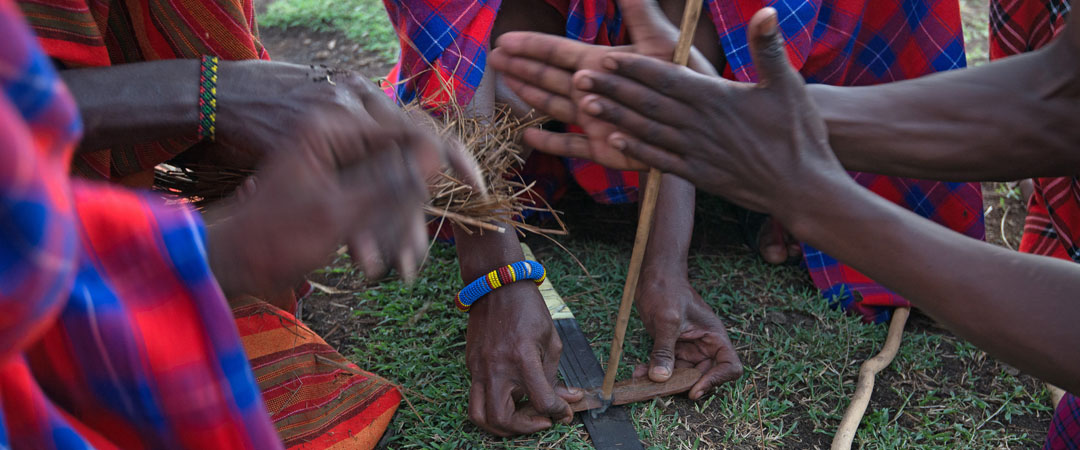
TRUSTING LOCAL AGENCY
DISCERNING OUR FUTURE IN MISSIONS
By Dr Peter Rowan
Peter is the Co-National Director of OMF (UK), sharing the role with his wife Christine. Peter is from Northern Ireland and has been with OMF for 18 years, 10 of which he spent teaching missiology in Malaysia. He is the author of Proclaiming the Peacemaker: The Malaysian Church as an Agent of Reconciliation in a Multicultural Society (Oxford: Regnum, 2013). This article is curated from OMF’s Billions blog, August 30, 2023.
The World Evangelical Alliance (WEA) Missions Commission held its global consultation in February. When they were planning the event back in 2019, they chose as their theme, ‘Our Missions Future’.
But as stories and data began to emerge from churches during the COVID-19 pandemic, another theme emerged: the importance of local control of missions activity. This led the WEA to change their theme to ‘Our Missions Future: local impact, ripples and waves’. The Missions Commission described the changes they see around the world as:
…local believers taking responsibility for spreading the gospel in indigenous forms and whole-of-life ways. And the gospel is spreading rapidly in places previously thought to be resistant, because of these localised and holistic expressions of faith in Jesus. [1]
That commitment to ‘localised and holistic expressions of faith in Jesus’ is shared by OMF. We talk about the need for our work to be indigenous and integral. I want to focus on the first of these.
A focus on the local
When the word ‘indigenous’ is used in missions it’s about the local: local people, local place, local proclamation of the gospel in word, deed and character. Crucially, it’s about local people setting the agenda for place (where), people (who) and proclamation (what and how) in missions. Since the late eighteenth century, missionaries have talked about the goal of missions being to plant indigenous churches. Such churches were to be Three-Self churches: self-propagating, self-governing, and self-supporting. Later in the twentieth century, a fourth self was added: self-theologising. But even with a goal crafted around establishing indigenous churches, until recently much missions work has been dominated by missions strategies developed elsewhere, far from the local context and without being co-created with local leaders. Hence the local emphasis in the 2023 WEA Mission Commission’s Global Consultation.
What does this mean for us in OMF?
First, it means recognising that local leadership and local followers of Christ are the key agents in God’s mission, not outsiders. This is not to say that cross-cultural workers from the UK and Ireland or elsewhere no longer have a part to play in overseas missions. We do, but our role must change. In his recent book, Subversive Mission: Serving as Outsiders in a World of Need, Craig Greenfield (from New Zealand) describes the role of outsiders as essentially one of alongsiders, who follow the lead of insiders.
If missions is reduced to sending missionaries, or defined by geography, we hinder local churches from seeing that missions is what they as a whole community are sent to do, beginning right where they are. A key emphasis in the WEA Mission Commission consultation was the need ‘to see local believers, who are actively witnessing to Jesus in the communities, endorsed as missionaries.’ [3]
In the words of Interserve’s International Director Bijoy Koshy:
The future of missions… rests with our ability to allow the National Church to take centre stage in our mission endeavours. However, we can never really embark on what this will look like if we do not get off our high horses. [2]
Second, if local Christians are key to the future of missions in their context, this should lead us to ask different questions about our role. Instead of asking ‘how many missionaries can OMF (UK) send?’, we need to first ask, ‘what is the best way for OMF (UK) to serve East Asian churches so that they can extend their witness in East Asia and beyond?’ This will mean coming alongside our sisters and brothers in Christ in ways that increase our ability to humbly listen and crucially, to discern—with local Christians—how we might participate in God’s mission in their context.
Supporting and encouraging
In OMF (UK) we are committed to indigenous mission—to investing in the local.
For us, that currently means:
- Sending workers from the UK—especially those equipped to partner with and serve under local Christians;
- Supporting local training initiatives in evangelism, discipleship and theological education, and collaborating with like-minded organisations with similar aims;
- Encouraging opportunities to listen to East Asian church leaders as part of the process of discerning what future faithful participation in God’s mission will look like for OMF (UK).
In this fast-changing landscape of mission, discernment is our most urgent task.
In OMF we have always believed in cultivating a prayerful dependence on God in order for us to discern our participation in God’s mission. So we will want to consider these words from Harvey Kwiyani, leader of Global Connections UK, a network of churches and agencies engaging in missions:
Could it be that, by not trusting local agency, the missionaries get in the way of the work of the Spirit of God? [4]
ENDNOTES
- World Evangelical Alliance: bit.ly/wea-23
- Making Missions Fit: Discerning Innovative Shifts in Missions” Presentation by Bijoy Koshy to Nexus On Mission conference 2021.
- See note 1. Here the article quotes Dr Jay Mātenga who goes on to note that “these are our co-labourers in the gospel, and they deserve full acknowledgement of their participation in the mission of God.”
- Read Harvey’s blog post at go.omf.org/needed.
BY DR TODD KORPI
Todd is a Pentecostal missiologist, researcher, and writer. In addition to work consulting with churches on organizational effectiveness and missional engagement, Korpi serves as Lead Researcher of the Digital Mission Consortia at the Wheaton College Billy Graham Center and as an adjunct instructor in mission and leadership at several institutions. This article is curated from Todd’s Substack, 15 August 2023.
I am a millennial. An elder millennial to be exact, as the youths these days call us (though, to be sure, we enjoy the airs of wisdom implied in the title—wisdom bestowed upon us by memories of childhood before the internet, life lessons from Mr. Feeny, a couple of wars, and a cascade of economic instability).
If there’s one thing that is almost universally true about millennials is that we were raised to believe we can and should change the world. We could be anything we wanted to be in life (though my career as a pro ice-hockey player never panned out like I had hoped). We could do anything. All we needed to do was go to university and we’d get a job that could pay us a comfortable wage and we could head off to change human civilization for the better.
When you study cultural shifts between generations, this makes a lot of sense. We were almost universally raised to change the world because the Baby Boomer generation that raised us was the first youth demographic to be raised with screens (theirs, of course, were televisions). They watched the anti-war, environmental, feminist, and civil rights movements unfold throughout much of their childhood, molding a generation to see the fruit of massive and sweeping social change. It makes complete sense—and is even laudable—that new Baby Boomer parents in the 80s would look down at their little newborn nugget and think, “this kid is going to change the world.”
But that approach doesn’t seem to be working out. The world is changing, but most would agree that the change is not for the better. The social change is less in the hands of the masses and more so among authoritarian leaders, corporate interests, and an ever-expanding billionaire aristocratic class. By all appearances, Gen Z seems better equipped for large scale social action, such as the March for our Lives movement that arose in the wake of the Parkland, Florida shooting, or the more recent Asbury Revival. But how much such Gen Z-led social action results in lasting social change remains to be seen.
What seems clear is that the plan to raise up generations that would go out and change the world appears to not be working. The world is what it is and my generation has been largely left disillusioned and disaffected by the immutable nature of society’s woes. This has most recently been expressed—as these things often are by the younger two generational cohorts—in a host of memes and reels shared on social media that express how the news of the possible existence of alien life is small potatoes compared to the crushing hardships afflicting society, namely healthcare and the student loan crisis (if there’s one thing you can say about millennials, it is that we pioneered the art of meme sharing as a form of political dissent).
We do this in church life as well. Our visions take us to the farthest ends of the earth, our pastoral titles get loftier and more hyperbolic, and our missional work takes us to far away places and to draw large crowds. Yet, in the West, Christian adherence (that is, nominal affiliation—not to be confused with genuine faith) is on the decline. People appear more disengaged. And there is a growing disconnect between the needs and longings of people coming out of COVID-19 and the desire among many churches to return to a pattern of holding excellent, event-driven, high-production services that will reach the nations for Jesus. Something’s amiss in this disconnect and I suggest that it has to do with this vision for macro-level, sweeping, widespread change. It has to do with the brokenness of our vision to change the world.
If we don’t change the world, then what?
In 1970, amidst all of the socio-political tumult in which Baby Boomers came of age, American novelist, poet, and environmental activist Wendell Berry wrote an essay entitled Think Little. In the essay, Berry critiques the over-reliance (note the existence of) upon large scale (often politically-focused) forms of social change. This was the “change the world” telos of the day, which he called “Think Big.” He argues that these large scale movements should not be disbanded, and are indeed necessary, but they must be complemented by—even rooted in, private social integrity of action and lifestyle.
In speaking toward bringing change to issues of race and war and environmentalism, Berry says:
If we are to hope to correct our abuses of each other and of other races and of our land, and if our effort to correct these abuses is to be more than a political fad that will in the long run be only another form of abuse, then we are going to have to go far beyond public protest and political action. We are going to have to rebuild the substance and the integrity of private life in this country. We are going to have to gather up the fragments of knowledge and responsibility that we have parceled out to the bureaus and the corporations and the specialists, and put those fragments back together in our our own minds and in our families and households and neighborhoods. We need better government, no doubt about it. But we also need better minds, better friendships, better marriages, better communities. We need persons and households that do not have to wait upon organizations, but can make necessary changes in themselves, on their own.
For most of the history of (the United States) our motto, implied or spoken, has been Think Big. A better motto, and an essential one now, is Think Little. That implies the necessary change of thinking and feeling, and suggests the necessary work. Thinking Big has led us to the two biggest and cheapest political dodges of our time: plan-making and law-making. The lotus-eaters of this era are in Washington D.C., Thinking Big. Somebody perceives a problem, and somebody in the government comes up with a plan or a law. The result is mostly, has been the persistence of the problem, and the enrichment of the government.
Again, Berry is not suggesting (nor am I) that there is no place for large-scale change movements in bringing about social change. To that end, my title and argument thus far have been slightly misleading. There is a legitimate place for a hope to change the world from a macro-level.
Berry’s point (as is mine) is that such large scale change can rob us of our localized, “little” responsibility. To modernize some of his examples, a person can be a “social justice warrior” on Facebook for climate change, and yet still have private inconsistencies that work against the social media advocacy he or she may be so publicly passionate about. He may harangue political officials on Twitter to pass legislation, yet personally contributes to carbon emissions by failing to compost his food. She may organize a protest or rally about the abuses of the food industry, but couldn’t grow a potato in her backyard if her life depended upon it. One may insist upon monetary reparations for slaves from the government, but would never think to give an extra generous tip to a black waitress or barber as a personal expression of that conviction. One may pound the pro-life drum in public, but is cruel to his or her children in private.
Instead, large scale change should complement and flow out of the abundance of convictional living. Part of the reason St. Francis of Assisi was such a profoundly impactful figure in Christian history is that he lived a life that had an internal consistency to the movement he build. The big movement was simply an overflow of a life lived little, with integrity. Francis thought little before he thought big.
Thinking Little and the Church
So what does this mean for ministry? Certainly there is a proper place for reaching the nations for Jesus. That, after all, is the foundational vision for our participation in God’s reconciliatory mission in the world. But, like environmentalism, peace protests, and the fight for racial equality, these grand “meta” works will result in precious little unless they are the overflow of lives lived with conviction in the “little.” A vision to reach the nations means little if sentiments of national and ethnic supremacy and poor hospitality govern our lives in our community at home.
A church that desires to have a global footprint will produce little lasting change if it is not first incarnated in the city in which God has called it. It must be a “parish” before it can be a “hub.” A Christian cannot bemoan the decline of Christianity when he is unkind to his neighbors (or perhaps, worse yet, doesn’t even know them). A pastor cannot be a “global” leader unless she or he is first and primarily a local shepherd. We never graduate from the basics of ministry. If we want to change the world for Jesus, change arises out of a plurality of faithful followers of the Jesus Way living as foretastes of the Kingdom of God in their families, in their neighborhoods, and in their workplaces. The internal consistency produced from a life that lives missionally in the little, first, substantiates the right to call for widespread proliferation of that missional living abroad.
So yes, we need large scale movements. That will never not be the case. And our culture is so pre-disposed to relying upon them (and, if Berry is correct, has been for the better part of half a century), we are in no danger of seeing the push for large, movement based, macro change from disappearing. But if we wish to produce lasting change, it begins with the little things immediately around us. The macro must be an overflow of the micro.
If you wish to see an end to the abuses afflicted upon creation: compost, recycle, grow your own food (or know the people who do), and know where your items purchased come from.
If you wish to see racial justice, build relationships with people from different backgrounds than your own. Support minority led businesses. Learn to care about what they care about. Learn to see the world more through their eyes.
If you wish to change the world for Jesus, share a meal with your neighbors, address the needs of your local community, build a flourishing marriage and family if you’re married, and (married, single, or celibate) foster vibrant friendships. Be a foretaste of the kingdom in the small corner of the world in which God has placed you.
It is through all of us thinking little that big change takes place.
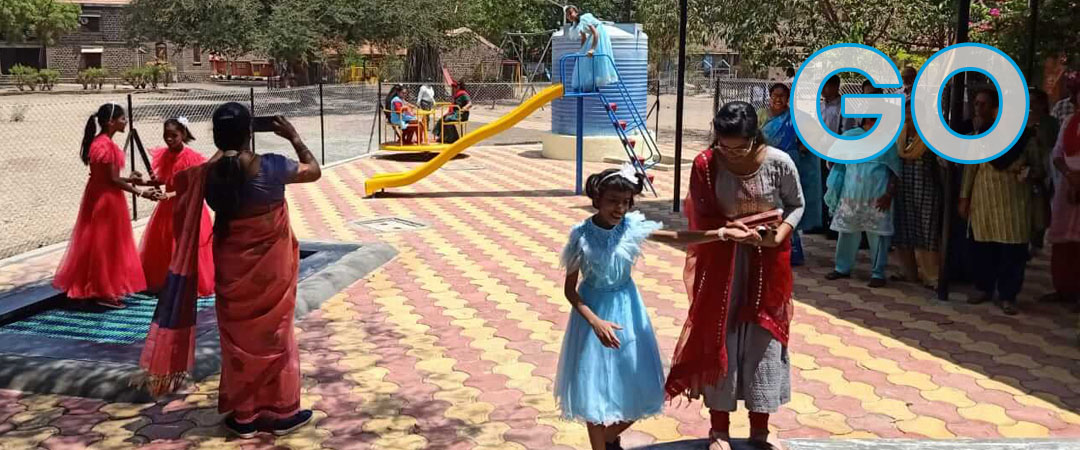
PLAYGROUND OF DREAMS
THE UNEXPECTED TURN OF A SIMPLE IDEA
BY PENNY WINSTONE
Penny is the Operations and Donor Relations Manager for Mukti Mission New Zealand. She holds an MSc in Chemistry but she quickly chose people over test tubes. She spent years in various roles in churches including a few hours a week in the Mukti office from 2010. As her passion for Mukti grew, so did her involvement, and she’s been its sole employee since 2017. A mum of 4 daughters and a proud feminist, Penny is all about education, social justice and uplifting women and children in India to help them thrive and belong. She looks up to Pandita Ramabai as her hero, amazed by what the small Indian woman achieved in her lifetime.
As I wandered looking for ideas, the school bell rang, and the children poured out of their classrooms. I spied a group of young friends holding each other’s hands making their way home with backpacks slung on their backs. These young visually impaired girls already held a place in my heart, as I had noticed they were particularly good at looking out for one another and seemed close. Wanting to catch them on a video to include in my promotional material, I stopped them and asked, “What do you like doing?” They sparkled and one by one they chimed “slide”, “seesaw”. These little girls loved playing on the worn playground equipment that was outside their Bougainvillea Home.
A simple idea can often take an unexpected turn, leading to something special. Home again, we received a donation from a sponsor who is blind, and I enquired about doing something for the girls who had stolen my heart. Lorraine, our Mission Director in India, suggested that we could spruce up the untidy area in front of the Bougainvillea home where the girls played. At the time, I was staying with my daughter, who happens to be an occupational therapist (OT). I mentioned Lorraine’s idea in conversation and to my surprise, her response was rather emphatic: “Mum, you should build a specialised playground, not an ordinary one!”
The year was 2019, and the dream began to take shape. Helen, a member of the Scottish Council, her friend, Morag, both special educators, and Janel, a passionate Canadian volunteer and OT joined together to design a playground tailored for children with visual challenges. Plans were drawn up and here in Aotearoa New Zealand, we raised funds.
However, as fate would have it, the world was soon plunged into the grasp of the COVID-19 pandemic in March 2020. Plans were put on hold, but not forgotten. In late 2022, with renewed determination and a shared belief in the potential of the project, planning resumed, equipment was ordered and the groundwork began.
The very long-awaited day finally arrived in April 2023—the grand opening of the new playground. The air buzzed with excitement as the staff and girls, adorned in their finest dresses, gathered to thank God for His blessings and to PLAY. The playground boasts two in-ground trampolines, a spinning roundabout, a gleaming new slide, the old swings given a new lease of life, and it includes a covered space incorporating a seating area. There are plans to add musical instruments and aromatic plantings. This was created with the intention of being a place where the older girls could sit and talk, so imagine my delight in receiving photos of ‘my’ girls playing board games on the park bench seating.
Admittedly, the bunch of 8-9 yr olds which had originally sparked my enthusiasm for this project have grown older in the interim but that doesn’t seem to stop them loving the playground. It is now a place where laughter echoes, friendships continue to blossom and memories are etched into the hearts of the Bougainvillea Home girls. Looking at the jubilant scene makes me glad that we continued with this journey, which turned into one of dedication and perseverance. We faced challenges, but the rewards were immeasurable.
Mukti means freedom. Pandita Ramabai Mukti Mission is a family, a home, a place to shelter, care, educate, and empower the vulnerable women and children who come to our door. The main campus, including our schools with about 3,000 students, is at Kedgaon, near Pune, India. We also have works in 6 other states. Our founder is Pandita Ramabai, a campaigner for women’s rights, who opened a school for girls in 1889. The office here in Aotearoa New Zealand exists to support the work through raising funds, awareness, and through prayer. For more information and/or to make a contribution, visit the Mukti Mission New Zealand website here: https://mukti.org.nz.
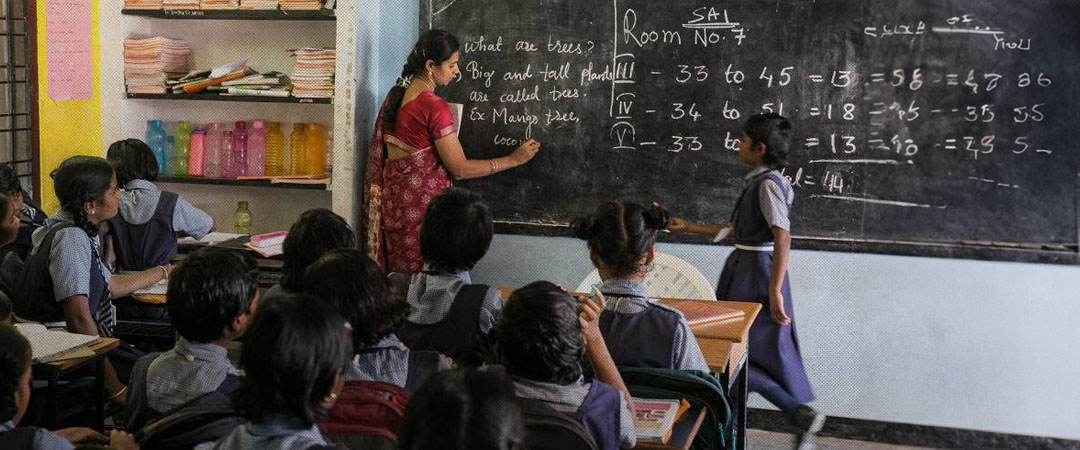
RESCUE & REHABILITATION
FINDING FREEDOM FROM SEXUAL SLAVERY
BY DIGNITY FREEDOM NETWORK
The aim of DFN is to see the poor, marginalised and outcastes of society transition to living in Dignity and Freedom. Our programmes are designed, led and staffed by nationals, with a holistic approach focusing on four key areas: Education, Healthcare, Economic Empowerment, Vulnerable Communities.
Navreen* was 5 when grooming for her dedication began. She was forced to spend nights alone with an older Jogini who lived in a shack near the temple. Though she pleaded with her mother not to take her to the Joginis’ home, her mother claimed it was necessary as Navreen would soon be married to the local deity.
When Navreen turned six, planning for the ceremony began.
Our team heard of the impending dedication and challenged her parents about the illegality of the system and cruel consequences facing their daughter. Although they changed their minds, ongoing pressure from local village members meant Navreen was still at-risk, so her parents requested that Navreen and her sister move to our shelter home.
When Navreen first arrived, she had recurring nightmares and would wake in the night screaming. Our housemothers would sit with the little girl and assure her that she was safe. Five years have now passed since Navreen came to our shelter. She has settled well into school, loves to dance and enjoys sports. She still has dreams, but now they are of a normal family life, a safe future and career as a teacher!
Shanti* was just nine years old when she was rescued from sexual exploitation. Thanks to our rescue team, house parents and trauma rehabilitation staff, she too is now on the path to recovery and has a chance at a brighter future. Before coming to us, Shanti never thought she would escape the poverty and exploitation that defined her life. However, with the help of our partners on the ground she discovered a passion and purpose. Today, Shanti is pursuing a degree in software engineering and the trajectory of her life has completely changed.
DFN is working to support these women and girls and ultimately see the exploitation eradicated. Through healthcare, counselling, vocational training, advocacy and empowerment, women and girls are recovering from the trauma of being trapped in this abusive system.
We believe it’s not just about surviving trauma, it’s about thriving beyond it. Our team’s active efforts in these communities have brought about a feeling of hope and freedom. Despite the remaining work to eradicate exploitation, the progress achieved so far has paved the way for a brighter, safer future for those affected by this injustice.
There are thousands of girls like Navreen & Shanti, in desperate need of rescue and rehabilitation. We can end exploitation in our lifetime, but we need people to support this crucial mission.
This September we are hosting a very special series of events across the North Island, sharing about our work rescuing and rehabilitating women and girls from exploitation. One of our key national leaders will be visiting from India to share stories of hope and transformation from years of working on the frontlines.
Join us for one of our 2023 HOPE DINNERS at a venue near you in September for an inspirational evening celebrating the ways we can bring hope and restoration to women and girls.
Click here for more information about dates and venues, or email: info@dfn.org.nz.
*Names changed to protect privacy and identity.

TUNING THE SOUND OF FREEDOM
AN OCEANIA FREEDOM NETWORK MOVIE REVIEW
BY SARAH SCOTT WEBB
Sarah has spent 18 years as an advocate for anti-trafficking. Working out of her office in Christchurch, she is the Director of the Oceania Freedom Network, Co-Founder/Director of SIM’s For Freedom ministry, the anti-trafficking/exploitation Synergist for the WEA Mission Commission, and serves on the World Freedom Network’s leadership team. This article is used with permission from the Oceania Freedom Network blog, 10 August 2023.
“Sound of Freedom” has been receiving huge amounts of attention and media coverage since it was released in the US in July. It is a movie loosely based on events that happened in 2010 and tells the story of children being rescued from a sex trafficking ring in Colombia. It was released here on August 24th. But is it worth seeing?
My answer is “YES… BUT…”
YES—because despite its flaws (of which there are many) it is raising phenomenal interest in—and awareness of—human trafficking and the urgent need to do something about it. More than 50 million people today have been trafficked into situations of slavery, and yet we don’t hear much about it in our media. Anything that is raising this sort of awareness has merit. So yes, go see it – because we need to be reminded and aware of the fact that this happens daily in our world, not just to children but to women and men as well.
But my recommendation of “YES” is a “YES… BUT”.
Yes see it, but… understand the narrative in this movie sensationalises a very small portion of human trafficking and doesn’t give an accurate representation of what trafficking looks like. The majority of human trafficking is not sex trafficking; trafficking for the purpose of sexual exploitation accounts for just over 6 million out of that 50 million estimated total.
By far the largest amount of human trafficking (50%) is for forced labour—men trafficked and forced to work on fishing boats, in construction or on our farms or orchards, women trafficked into domestic servitude or forced to work in sweatshops making the clothing we wear. And while children are also trafficked – 1 in 4 victims of trafficking are children—most are forced into child labour; forced to mine minerals for our cell phones or harvest the chocolate we eat or forced to beg. People are trafficked into situations of forced marriage; they are trafficked for their body organs – there’s much more to this than sex trafficking of children. Although it is very loosely based on a true event from 2010, remember it’s just a movie, not a factual depiction of trafficking today.
My second ‘but’ is yes see it, but… understand this is not what anti-trafficking looks like either. One of the biggest disappointments for those of us in the anti-trafficking sector is that yet again we have another movie with the narrative of a ‘lone ranger vigilante’ rescuing the poor defenceless victims. Victims of human trafficking aren’t defenceless. They are some of the strongest, most courageous, and resilient people I have ever met. They deserve a better narrative than this.
When watching the movie, it’s also worth knowing that less than 1% of all trafficking victims are ever rescued. By far the majority self-rescue—they escape on their own or are helped by local people. They are not reliant on an outsider coming to set them free.
This statistic also highlights the importance of the breadth of what anti-trafficking involves: prevention, caring for survivors, awareness raising, healing, advocacy, education, business…. there’s so much work we do in fighting this that has nothing to do with rescue. Rescues still happen, they are important, and they are still needed. But nowadays they don’t happen anything like we see in this movie. They don’t use children as bait for sex traffickers. They are done well, and in partnership with local law enforcement, with people on the ground who know and understand the context and the culture, and in a way that minimises the trauma involved in being rescued.
And my last ‘but’ is yes, go see it, but… do something in response. “Sound of Freedom” is a powerful movie, it pulls on your emotions, and it shocks. But my plea, on behalf of the 50 million people still in slavery, is don’t just go and see it and feel shocked and upset. Go and see it and commit to action. Do something about what you have seen.
Here are some suggestions:
1. LEARN what is going on:
- Join the Oceania Freedom Network and learn about trafficking in our region and ways we can respond (join on Facebook or email oceania@wfn.worldea.org to sign up for our newsletter)
- Contact the team at For Freedom – we are happy to speak with your church about how they can respond (email intl.forfreedom@sim.org)
- Visit Slavery Footprint and discover where slavery may be impacting your life
- Spend 15 minutes googling trafficking in your area and talk with others about what you discover
2. GIVE to the work of For Freedom or another reputable anti-trafficking organisation (I am happy to provide suggestions in your area). For Freedom supports anti-trafficking work and workers in more than 20 countries and urgently needs funding. In Aotearoa New Zealand you can donate via SIM New Zealand.
3. SHOP ETHICALLY. Most trafficking and slavery is for forced labour—and maybe in the supply chains of the products we buy and consume. We can make a significant impact by shopping ethically. Check the websites of your favourite shops/brands for how they are addressing slavery. Tearfund NZ and Baptist World Australia have great Ethical shopping guides to help buy clothing that is slave free (Tearfund NZ | Footwear: An Industry Laced With Exploitation and get the latest Ethical Fashion Guide—Baptist World Aid )
4. PRAY for an end to trafficking, slavery and oppression. Pray for those who have been trafficked and those doing the trafficking. Pray for those involved in anti-trafficking, it is a difficult ministry and we need prayers of protection and strength. This is a spiritual battle that will only be won through prayer.
You could:
- Join For Freedom’s prayer team – we send out prayer requests monthly (email intl.forfreedom@sim.org to join)
- Commit to praying regularly with a group of friends or pray-ers from your church For Freedom can provide a prayer guide (email intl.forfreedom@sim.org).
The Oceania Freedom Network is a new initiative of the World Freedom Network (World Evangelical Alliance), fighting human trafficking by building community and engaging churches within the Oceania region. Join us on Facebook or sign up by emailing oceania@wfn.worldea.org.
For Freedom provides strategic guidance, training, resources and support to equip SIM teams, workers, local churches and partner ministries to prevent human trafficking and see lives restored and transformed in the communities in which they serve. Visit: www.forfreedom.sim.org.

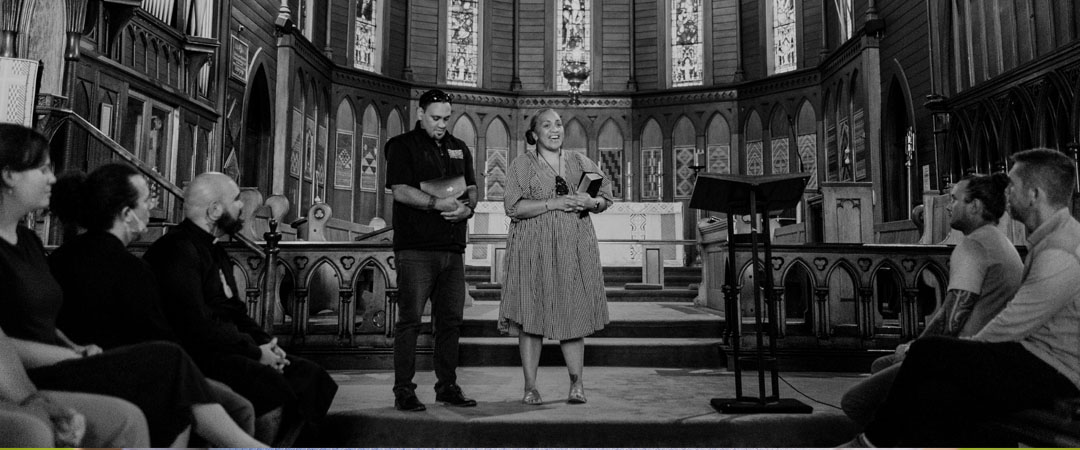
MĀORI AUDIO BIBLE LAUNCH
A FRUITFUL COLLABORATION
BY BIBLE SOCIETY NZ
The Bible Society’s mission is to help make the Bible accessible to everyone and to encourage interaction with it.
To celebrate Te Wiki o te Reo Māori (Māori Language Week), Te Wānanga Ihorangi and Bible Society New Zealand are coming together to launch a partnership between the two organisations which will see them eventually record the Māori Audio Bible. Ambitious in scope, this three-year project will see all 66 books from the Māori Bible professionally recorded, mastered, and distributed throughout all major platforms. Before they begin this epic task, they are calling our communities together to launch this kaupapa with waiata, karakia, and a special reading of the Gospel of Luke.
This special launch will take place at the Church of the Holy Sepulchre in Auckland on Monday, 11 September 2023 between 6:30pm – 8:00pm.
To celebrate the ongoing revitalisation of te reo Māori, and the remarkable story of the Māori Bible here in Aotearoa, there would be a gathering to listen to the Gospel of Luke during the night. This night will be curated by Te Wānanga Ihorangi and will bring together taonga puoro, waiata and haka alongside a compelling reading of Luke’s account.
This night will launch a three-year-long collaboration between the Bible Society and Te Wānanga Ihorangi as they begin the mammoth task of recording all 66 books from the Māori Bible. Once completed, the two organisations are excited about how this te reo Māori resource will continue to serve the faith and language needs of our communities.
Rev’d Te Karere Scarborough (Tumuaki | Co-Principal) from Te Wānanga Ihorangi has kindly provided relevant background, project, and partnership information for the Māori Audio Bible project through his answers to the following questions…
How did the partnership come about between BSNZ and Te Wānanga Ihorangi?
Te Karere: Through a relationship between Steve McRobie (Relationships Director at Bible Society New Zealand) and myself, studying te reo Māori together. And the desire to use the Māori Bible as an ongoing resource for faith and language revitalisation.
What is the significance of the partnership?
Te Karere: It represents a unity, that’s symbolic of Te Tiriti o Waitangi for sure. For us though, as a Māori led kaupapa, we love the idea of partnering with the Bible Society but being able to drive the work from a Māori frame in order to bring about change and ongoing flourishing for our own people.
How will this project be approached?
Te Karere: In chunks, with timely and appropriate releases. This isn’t a project that we will just finish and release. We’d like our communities to come on a journey with us too. After the Gospels are done, let’s celebrate. After the New Testament is done, let’s get together again. When the whole book is done, let’s really come together and praise God’s goodness.
What is the possible duration and desired outcome of this project?
Te Karere: In about 2.5-3 years, a completed Māori Audio Bible should be available on all appropriate channels.
Who is Te Wānanga Ihorangi and why/how did they become involved?
Te Karere: We are a faith-based Māori language school, and as such, this is one of the most important language resources we could get behind and get out there to communities. We are an oral people—and it only makes sense that this will be available to be ‘heard’ by our communities.
Who will be involved and how can people support this?
Te Karere: We have scraped together our ‘2 cents’ and put it alongside the Bible Society. But we need our communities to get behind us too. Recording, mastering, and distributing a high quality resource will take time and resources—so once the fundraising campaign is out there please get behind it.
What would the launch in September involve and can people attend?
Te Karere: On Sep 11, at Te Ana Tapu | Holy Sepulchre in Auckland, we will be launching the project with a special reading of Luke’s Gospel. Come along to support the beginning of the kaupapa.

RETURNING MISSIONARIES
THE UNTOLD STORY
BY ANNA GLENN
Anna served as an agricultural missionary with her husband in Liberia, West Africa from 2016-2022. She now works back in her home state of Maryland USA doing agriculture education and youth development while staying involved with local and international missions. Her writing now focuses on her experiences integrating back into the American culture, reflections on her time in missions, and advocacy for better missionary care and support. This article is curated from Anna’s contribution on the A Life Overseas blog site, 1 August 2023.
You’ve been back in your home country for a little less than three months and you’re just wrapping up another talk at one of your support groups or churches. People walk up to you after the service and shake your hand to welcome you back. “You must be so happy to be home!” they proclaim with earnest and hope-filled eyes as they insert words into your mouth before you can even open it in protest.
Wait, protest? Protest and say what? How do you say all that you need to say while standing awkwardly up against the wall in the foyer five minutes following the service? No, that’s not going to happen. The truth is that deep down, you know that now is not the time for such conversation, and so you force the edges of your mouth upwards and nod in agreement as they continue to rain down accolades on you for a “job well done” and tell you how relieved and proud you must feel now that it’s over.
But what if it doesn’t feel like a job well done? What if you never got to see much of what you expected and hoped and prayed to see? What if you came back a little sooner than you were planning? What if the PowerPoint slides full of pictures from your last seven years don’t tell the whole story? What if instead of relief there is pain, and instead of pride there is shame? What if instead of joy there is anger, and instead of lightness in your heart there is a heaviness that is just too hard to explain?
I’ve been back in my passport country for six months now and this is my story, and unfortunately, I know that I’m not alone. Missionaries come back for many reasons other than a “successful mission completed,” and all too often, those stories never see the light of day in the wider church community. There is fear of being looked at like a failure, fear of not being tough enough, holy enough, dedicated enough. There is a fear of being misunderstood or labeled as “not a team player” or overly dramatic or charismatic or alarmist. There is guilt about those left behind and all the work that was unfinished. Also, there are just some things that can’t be talked about very easily in front of a crowded room, so they never get talked about at all.
And because they are never talked about, the church at large keeps on moving forward, thinking that their returned missionaries are OK, even when they aren’t. But we as a Church can’t be OK with this. If we are going to put so much time and effort into sending missionaries well, we need to do the same when it comes to receiving them well when they come back.
And so, for all the missionaries who are afraid or unable to speak up, I’m laying it all out for anyone who wants to hear because I know all too well how easy it is to keep quiet even when your insides are screaming out, looking for a soft place to land.
If you’re part of a sending church, here’s just a sampling of some of the things your returned missionary might be dealing with that they probably aren’t exactly comfortable sharing from a pulpit:
Doubt. While there is definitely more openness in our Christian culture these days for people to express and explore their doubts related to faith and God, I’m not sure the same can be said for those in full-time ministries such as pastors and missionaries. How would it look when your missionary comes home and writes a blog or does a sermon on all the ways they doubt God and the way He is working in their ministry? How are donors going to respond to that?
Culture. While they may fill their newsletters and PowerPoints up with pictures of colorful dresses, tropical fruits, and exotic-looking cities and creatures that make the culture look beautiful and inviting, there are probably aspects of the culture that wear on them more than they say. Perhaps the way women or children are treated day in and day out has worn down your missionary’s spirits. Perhaps a lack of privacy or a culture of secrecy and corruption has exhausted them to their core. Culture shock isn’t just for the first couple of months or years; it can grate on you 5, 10, 15 years into your life abroad and cause continual cycles of shock and pain, which can add up significantly over time.
Trauma. For many missionaries who are serving in underdeveloped nations where hunger, disease, and violence run rampant, the horrors that they have witnessed day in and day out may have grown to be too much. We all know that death and pain are a part of life, but when you see people, people you know and love, dying from easily preventable causes nearly every single week and you see bodies on the side of the road mangled to the point of being unrecognizable, your psyche is forever impacted and sometimes there are just no words.
Physical Sickness. When you become a missionary and you say yes to living abroad, you know that there will be many sacrifices, your health being one of them. Unfortunately, sometimes injuries, illness, or even just general climates abroad can do irreparable damage to your body, and you are left with the choice of using unreliable health care abroad, which could lead to more serious or more permanent damage, or returning back to your passport country for higher-quality treatment. Some sicknesses can’t be easily seen just by looking at a person in a church service, but that doesn’t mean they aren’t suffering.
Spiritual Abuse. Spiritual abuse can take on many forms, but it often looks like someone in authority using Scripture or beliefs to embarrass or humiliate, pressure, or obligate, coerce or control the behaviour or words of someone else. This spiritual abuse can come from teammates, board members, sending churches, or even partnering churches on the ground, and oftentimes when victims try to speak up or question what is going on, they are ignored, dismissed, ridiculed, or made to think that they are actually the ones with the spiritual problem, not the abuser. I’ve heard this story of spiritual abuse on the mission field far too often, and I hope it’s something more people start asking about, writing about, and calling out because missionaries can’t end this culture of abuse on their own.
Loneliness. Guess what? You can still experience loneliness even when you are married, even when you have a whole flock of kids around you. Why? Because we were made for relationships beyond just our spouses and our families. Loneliness is associated with increased chances of high blood pressure, heart disease, obesity, a weakened immune system, anxiety, depression, cognitive decline, Alzheimer’s disease, and even death. But can missionaries really tell their congregation they came home because they were lonely? What if that loneliness continues or gets worse even after you are back as no one can quite understand what you’ve experienced?
Marriage Stress. This is one you’ll probably never hear a missionary admit to in their blogs or from the pulpit, but it’s one that I can almost guarantee you that your missionary couple is undergoing if they’ve been living abroad for anything more than a month. Moving abroad is hard for individuals, but for married couples, it sometimes also means adjusting to a whole new dynamic, particularly if one spouse who used to be working is now staying at home full time or if the cultural gender role expectations of your host country are the complete opposite of what you’ve been practicing.
Children’s Health. You might hear missionaries talk about how their children’s health has been affected by the move abroad as they ask for prayers in their monthly updates. Sometimes it’s easier to talk about them than it is about yourself and your own struggles. However, if the reason a family moved home was for a child’s physical or mental well-being, you might not hear that mentioned at all because parents might not want that child to feel a burden of guilt or shame for being one of the reasons their parents left the mission field earlier than planned.
Hidden Sin. Missionaries struggle with sin, just like everyone else. And while they may have been good at keeping that sin hidden from their spouse or their mission board for a very long time, the mission field has a way of bringing those things to light. A missionary and his/her family might make the decision to leave the field in order to seek help and healing for that sin, or a missionary might be asked to go home by their agency without having a say in the matter.
Finances. Finances, or lack thereof, are another big reason missionaries come back home, though they might not ever talk about it because of the level of shame they could be experiencing from it. Why didn’t the church give more? Why didn’t God provide for us when he provided for those other workers? Were we not worth it? Was the mission not valuable enough? Did we mishear our calling? Did we disappoint God? Sometimes God uses a lack of finances to bring people home, not because the mission and the missionaries weren’t effective, but because He has His own other reasons for wanting them home. Still, finances can be hard to talk about.
False Accusations. Depending on the country your missionary lived in, they might have been dealing with some false accusations from the community that in the end became too much to handle. Foreigners can be an easy target for communities to blame when something goes wrong, and their lives may easily become at risk. Also, in very corrupt societies, foreigners are seen as a great source from which to try and extract extra funds. The relentless requests for bribes, threats of going to jail, or unwarranted searches can really wear an individual down.
Spiritual Warfare. While spiritual warfare is something that some church denominations may be comfortable talking about in the pews on Sunday, for many churches in the West this is just one of those weird things that the Bible talks about, but that we don’t really understand or want to discuss. Many areas where missionaries serve are full of overt spiritual warfare, demonic worship, and wickedness beyond what many of us can fathom, and this can take a toll on the soul that is hard to articulate or share with friends, let alone strangers. Missionaries know that God is protecting them and providing for them in these situations, though sometimes coming home is still where God is leading them. But will others really understand?
Teammate Conflict. Like it or not, this is one of the most common reasons missionaries come home, but you probably won’t ever hear them talk about it. To leave a mission field early because of personal conflict or differences with teammates, may seem trivial to some, but when you are continually in an environment where you feel unheard, disrespected, undervalued, silenced, or diminished this is not only damaging and degrading to you as an individual, it can also be confusing and disorienting to the community seeing this play out. Some missionaries are sent by and return to churches or organizations that still have people on the ground there, so how do you open up about that with your congregation? How do you mention or get help without going into details about those people or making it sound like you are just being petty or immature?
Burnout. Burnout is a state of emotional, physical, and mental exhaustion caused by excessive and prolonged stress. Missionary fields are environments of prolonged stress. Sometimes burnout looks like a mental breakdown, sometimes it looks like anxiety, sometimes it looks like depression, and sometimes it looks like an internal hollowness that cannot be measured. Whatever it looks like, sometimes your missionary might not even be able to realize it or acknowledge it until they are on the other end of it. And even if they do recognize it, they probably aren’t speaking about it to the congregation on Sunday morning.
Are these all the untold stories of our returned missionaries? Definitely not. But hopefully, this list can get your church thinking about how we can better receive and support missionaries once their time abroad has come to a close, no matter the reason they find themselves back on the home side of the world. Just because a missionary leaves the field doesn’t mean they leave their struggles and pains there. Some of these hidden pains and stories know no borders. As senders, it is our responsibility to care for our missionaries long after they come back from the field, to listen closely to the stories that they choose to share, and to pray for ways to support them even in the stories that they choose to keep close to their hearts for now.
RETREAT MANAGER VACANCY
Fordyce House is a beautiful 9 bedroom historical homestead located at Peacemakers Retreat Centre in Parakai, Auckland. The house has a fully equipped kitchen, large dining, two lounges and spacious grounds, including a labyrinth. Many groups use the facility for retreats, respite, and celebrations.
We are seeking applications for the position of Manager to oversee the housekeeping, ensure a high level of presentation of the house, welcome guests and complete some administrative tasks.
This 8–12-hour position would ideally suit someone living in the North West Auckland region.
The successful applicant will be open to Peacemakers contemplative Christian charism, be warmly welcoming, flexible, an organised self-starter with excellent attention to detail.
For a full job description and any questions contact Shannon on smawdsley199@gmail.com.
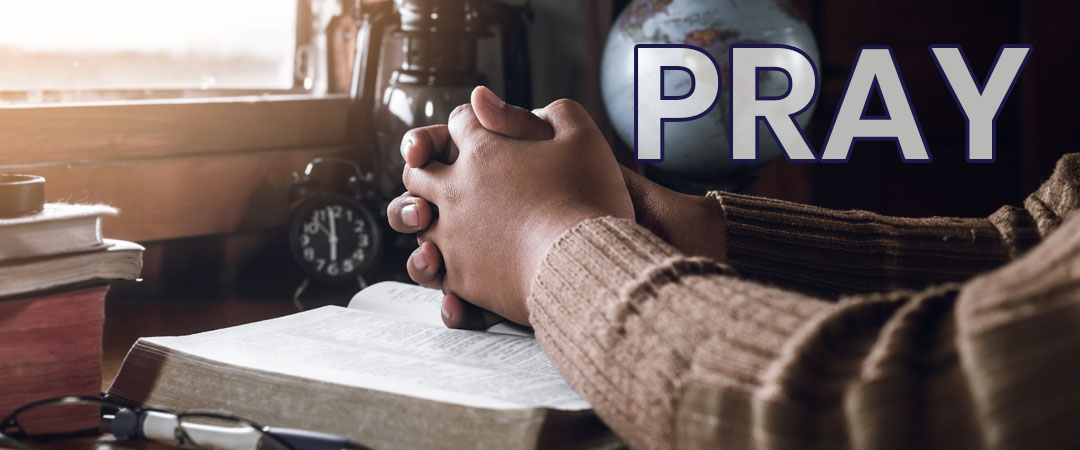
PRAYERLINKS
PRAYER FUEL FOR MISSIONS
Please pray for Eran picked up while hitchhiking by a Christian and brought to us. We were able to give him a copy of the First Covenant and the New Covenant copy of the Scriptures. This was gladly received and he is reading the Word of God. Pray that he will be spoken to from God’s Word and receive Messiah Jesus as his Redeemer. In the January storms we lost our roof. We now have a team of roofers replacing the iron. Pray the Lord will move Christians to contribute towards the replacement costs. We have been running Shalom and Passover camp for many years. The young Jews attending always do the Bible studies very enthusiastically. At one such camp 3 young Jews all received Messiah Jesus as Saviour and Lord of their life. Pray that they might grow in the grace and knowledge. Remember our workers Brian and Vicky Wells for good health and strength for the challenges they face in the work.
FEBC relies on the generosity of New Zealanders to support our broadcasters and stations around the world. Please pray for openness and favour with new supporters as we share what the Lord is doing through FEBC programmes. May the Lord provide from NZ for those overseas who create and present media content so they can share from a place of security and contentment to comfort listeners, followers, and seekers.
Pray for the health and wellbeing for a number of our local and overseas partners. We are about to restart our NextGen ministry which seeks to connect with young Christians who have an interest in living missionally and help them explore the possibility of mission service. Pray for a good level of interest at a dessert evening to be held in Auckland on 7th September.
Praise God that Jay remained healthy as he served at a regional forum in Malaysia for Interserve International. Pray for Jay as he prepares short talks this month for Pioneers NZ’s 25th Anniversary dinner and the NZ Christian Network’s Congress; as well as seminars for the Global Mobillization Network’s Conference and the International Third Culture Kid’s Conference in Chiang Mai in October.
One of our retirees and former OMF leader, Doreen Payne, passed away on 12 August. We praise God for the way Doreen lived a life of passion for the gospel and prayer, and for the many Japanese here in NZ that came to faith through her ministry. Pray for comfort for Warren and their three adult children and their families. Pray too for this month’s events as we focus on living missionally in the marketplace. We are grateful for opportunities to mentor young people considering missions service—pray for them and their mentors to know which topics to focus on.
Servants continues to have interest from local people (nationals) to join our teams. Please pray for a new emerging expression of our Manila team, led by Filipinos. Pray for our International Leadership team as we work to become multi-lingual in our gatherings. Pray for more Asian friends to become involved in leadership. Pray also for the many interns who have short term experiences to decide to join long term. Pray for the Western linking teams to be wise in how they support the new Asian-led Servants.
Please pray again for refreshment, creativity, energy and the Lord’s inspiration for SIM New Zealand’s staff as they work to support mission workers and discover better ways to do this.
WEC is currently preparing candidates from East Europe, Mexico, Latin America, Africa and several parts of Asia (including Creative Access Nations) from which we have not previously sent people. All of them are focused on going ‘where the gospel is thinnest’. Pray for those that are training, that the right workers will be be able to join our teams, that our teams will find ways of working differently to incorporate people from these new nations and God will be glorified as these teams demonstrate the gospel by their love for one another.
Wycliffe NZ praises God as we celebrate 60 years. Janet B working in Africa for ACROSS has much to praise God as significant transformation and changed thinking for the girls participating in a wholistic program that include discipleship and vocational training. Despite all the struggles and challenges we have in doing the work, God seems to work every setback for good, and we are so encouraged by what we see. Continue to pray for spiritual covering, protection from attacks on the team as well as direction for the future.

SPOTLIGHTS
LATEST NOTICES & EVENTS
MI SURPLUS ASSET SALE
1TB 32GB 2018 MacBook Pro Retina
Hex (6) Core i7 2018 MacBook Pro
Factory reset. Ventura 13.1 installed
1TB (1,000GB) SSD Storage
32GB DDR4 RAM
Intel UHD Graphics 630 1536mb
Retina Screen
Touchbar
2020 replacement keyboard
Great Battery Life Remaining
Pre-loved but in great condition with accessories:
- Power block
- Kingston Nucleum USB Hub
- Multi adapter USB Cable
- 15″ ICasso Protective Laptop Sleeve
Price: $1,500.00 (incl. GST & shipping)
To purchase or for more information, contact Jay at: jaymatenga@missions.org.nz.
MISSIONS DESSERT EVENING
What has work got to do with missions?
An event co-hosted by OMF, Interserve, and International Student Ministries.
What does Jesus say about our place of work? If you want to be a bit more salt-y and light-y at work, let’s have dessert and learn from each other about being a “message bearer in the marketplace”.
7pm – 9.15pm, Thursday, 7 Sept.
591 Dominion Road
Mt Eden, AUCKLAND
Click here for more information and to register.
WYCLIFFE NZ’S 60TH
Wycliffe New Zealand is excited to be celebrating 60 years of God’s faithfulness. As friends or partners of the ministry over the years, you are warmly invited to join in celebration at one of three venues near you:
- Christchurch: 9 Sept., City Church, 6:30pm-9pm
- Wellington: 16 Sept., The Street Church, 6:30-9pm
- Auckland – Next Generation Event with Eversmith: 29 Sept., Mount Albert Baptist Church
- Auckland – Main Event: 30 Sept., Mount Albert Baptist Church, 6:30pm-9pm
For more information contact: admin@wycliffenz.org.
PEACEMAKERS RETREAT
A guided weekend retreat at Peacemakers will refresh and renew you. Sink into yourself, into God and into creation through meditative walks, fabulous food, music, conversation and silence. A time to soak in the hot pools is an optional extra.
NEXT RETREAT: 16-17 Sept.
116 Fordyce Road,
Hellensville, AUCKLAND
Click here for more information, or to register contact Shannon Mawdsley at: shannon@fledgling.nz.
HUIA COME HOME AT EASTWEST
Eastwest College of Intercultural Studies (Gordonton) invites those interested to register for Huia Come Home (with Luke Goodwin). This course engages with the story of Christianity in Aotearoa NZ, providing insights from the influence of the Clapham sect… right up to the present-day application of Te Tiriti O Waitangi.
Dates: Morning only. 18-22 Sept.
Cost: $290.00 (includes lunch)
Location:
Eastwest College
21 College Drive, RD 1
Taupiri 3791
Register: eastwest.ac.nz/block-courses
NZ CHRISTIAN LEADERS’ CONGRESS
New Zealand Christian Network’s National Congress is an excellent opportunity for Christian leaders from many different places, cultures, denominations, types of churches, and Christian organisations to explore together the challenges and opportunities for Christianity in our current New Zealand contexts. It will be a time for stimulus, inspiration, prayer, shared worship, fellowship and networking.
Dates: 19—21 Sept.
Location:
Aukilani Community Church
(former location of Liberty Church)
96 Lansford Crescent
Avondale, AUCKLAND
Registration is now open & programme is now available. For more information visit NZCN’s site: https://nzchristiannetwork.org.nz/congress/
NZ HERITAGE NEW TESTAMENT
Former Missions Interlink NZ Director, David Hall has laboured long to create a unique New Testament featuring stories and commentary about the development of Christianity in Aotearoa New Zealand. He has recently received a shipment of 5,000 of these 450 page editions with the expressed desire that they be purchased and gifted to people as a witness to God’s goodness to us in this land, and, ultimately, a witness to the goodness of God for their lives.
He is offering the books at cost, for $5 each (plus shipping) for a box of 32 or part thereof.
They can be purchased at the NZ Christian Network Congress or by request to David at: ourNZstory@gmail.com.
NZ TURKEY NETWORK CONVERSATION
An evening of conversation about serving the overseas church in the 21st Century, aimed at young people (aged 15-35).
TIME: 7-9pm Thursday, 28 Sept.
LOCATION:
Valley Road Church
1 Valley Rd, Mt Eden, AUCKLAND
Click here for more information.
NZ TURKEY NETWORK PARTNERSHIP ARTS
Exploring the art of building authentic relationships to see God’s Church grow in Türkiye. Afternoon tea provided, join us for dinner afterwards at a Turkish restaurant.
TIME: 1:30-5:30pm Saturday, 30 Sept.
LOCATION:
Knox Presbyterian Church
574 High Street
Lower Hutt, WELLINGTON
Click here for more information.
DIGITAL MISSIONS AT EASTWEST
Eastwest College of Intercultural Studies (Gordonton) invites those interested to register for this course which explores how current digital trends relate to contemporary cross-cultural mission and ministry with a particular focus on equipping participants to effectively use digital tools in their ministry.
Dates: Morning only. 9-13 Oct.
Cost: $290.00 (includes lunch)
Location:
Eastwest College
21 College Drive, RD 1
Taupiri 3791
Register: eastwest.ac.nz/block-courses
OUR SECULAR AGE AT EASTWEST
Eastwest College of Intercultural Studies (Gordonton) invites those interested to register for this course (with Luis Varley) which investigates the biblical worldview and its relationship to secular humanism. It surveys the origins and contemporary impact of secular humanism and Christian perspectives on this belief system.
Dates: Morning only. 9-13 Oct.
Cost: $290.00 (includes lunch)
Location:
Eastwest College
21 College Drive, RD 1
Taupiri 3791
Register: eastwest.ac.nz/block-courses
2024 NZ TCK CAMP
The ever popular TCK Camp will be held on Eastwest College’s campus once again next summer! Online registration for the camp will open sometime this month.
Dates: 16-20 Jan, 2024.
Location:
Eastwest College
21 College Drive, RD 1
Taupiri 3791
For more information contact Joyce Campbell at: martin.joyce.campbell@gmail.com
SOUTH PACIFIC MEMBER CARE NETWORK 2024 CONFERENCE
The SPMC Network conference provides an opportunity for professional development and networking with others, sharing your passion to care for those working in cross cultural situations. The speaker is Tony Horsfall from the UK. Tony has been involved in local church leadership for over 30 years. He regularly travels to Singapore and Malaysia to share the message of grace and intimacy with missionaries and church leaders.
Location:
Pallotti college
80 McNamaras Rd
Westburn, VIC 3799
AUSTRALIA
Dates:
From: 29 April 2024 from 2pm
To: 3 May 2024 after lunch.
For more information including pricing click here to visit the MI Australia event page. Earlybird rates expire 30 November 2023.
GLOBAL MEMBER CARE NETWORK 2024 CONFERENCE
The Global Member Care Network is working on their vision to bring the Global Member Care world together again for their 4th Global Concert, this time in Africa. The significance of this location is to serve African mission movements, while learning from their unique strength in missions and member care. Past experiences have shown that surprising connections and transformative insights happen individually, organizationally, and nationally when member care practitioners gather from various national missions movements all over the world.
Location: Nairobi, Kenya
Dates: 28 Oct – 1 Nov 2024
For more information visit: https://globalmembercare.com/conference-2024/
(SAVE THE DATES)
ABOUT US
Executive Officer Jay Mātenga
Administrator Pauline Wood
Executive Team
Joseph Bateson (Chair), Glenn Carter (Vice Chair), Jon Horne (Treasurer), Russell Thorp (Secretary), and Andrew Marriott.
MI Council
Arotahi (formerly NZBMS), Asian Outreach, Beacon Partnerships (formerly LeaDev-Langham), Church Mobilization Trust, Eastwest College, European Christian Mission, GC3, International Teams, Interserve, Laidlaw College, MAF, MotiVate, NZCMS, OMF, Pioneers, SIM, WEC, World Vision, with individual member: Jon Horne.
Our Purpose
We facilitate collaboration towards participation in mission from and within Aotearoa New Zealand. We nurture the missions community in Aotearoa New Zealand to connect, converse, and conduct mission with the aim of working together: on mission.
Connecting the missions community
from and within Aotearoa NZ
for God’s glory everywhere, always.
MI SERVICES include (but are not limited to):
MI BULLETIN MI Online Member Directory
MI ManaakiApp (for retail discounts & coupons)
MI Research and Resources
MI Conferences, Clusters & Collaborations:
Admin, Mission Leaders, Church Mission, Diaspora,
Member Care, Mission Training, Mobilisation, & more.
HOW TO CONTACT US
PO Box 64 379
Botany 2163
Auckland, New Zealand
+64 9 320 4408
CLICK HERE to drop us a note.
ADVERTISING
The MI BULLETIN is distributed by email every month to around 1000 missions interested people.
Commercial Rates & Sponsorship
Only charity rates are listed here. Commercial ad rates and sponsor benefits are set by negotiation.
Spotlight Notices
Text only (up to 50 words with one web link).
MI members — FREE
Non members — $40 per spotlight
BULLETIN Full Colour Ad Space
Artwork must be supplied (.jpg or .pdf, 300dpi)
Deadline: Last Friday of the month before issue.
COST: MI MEMBERS
First Month
A4 Portrait—$150
A5 Landscape—$110
Successive Months
A4 Portrait—$100
A5 Landscape—$80
Non-members, double the member rate.






